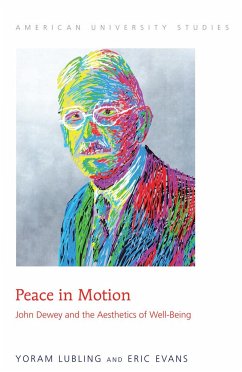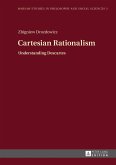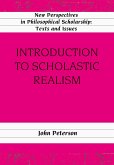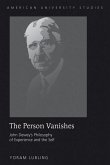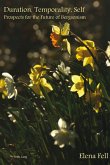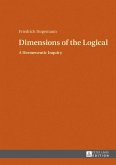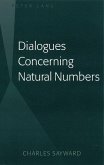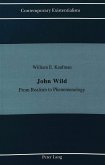In this book Yoram Lubling and Eric Evans offer a Deweyan reconstruction of our philosophical understanding of well-being. They begin with Dewey's critique of the «philosophical fallacy» to examine the legitimacy and value of theories of well-being offered by traditional philosophy. However, such theories fail to provide an authentic account of well-being due to a false understanding of experience as either epistemic or cognitive. Next, using Dewey's theory of experience, they reconstruct «happiness» as the target for evaluation of well-being. This leads them to reject the traditional view of a private encapsulated self, and to offer in its place a transactionally situated self which is an embodied, enculturated agent. Through their emphasis on the importance of the qualitative aspects of Dewey's understanding of a situation, the pervasive quality of the situation emerges as the most plausible criterion for the evaluation of well-being. The authors use Dewey's theories of inquiry, ethics, value and art to establish the naturalistic conditions under which such pervasive quality enters into a situation as either settled or unsettled, in other words, as peace in motion. Consequently, a problematic situation becomes the primary condition under which all inquiry initiates whether it is in the context of science, ethics, values, art or ordinary living. Lubling and Evans conclude that a Deweyan account of well-being involves embodied knowing instead of the traditional view of cognitive knowledge. By using such an account, it is possible to explain the conditions and mechanisms under which well-being contributes to the enlargement and enrichment of individual and collective human experience.
«The assumption of 'intellectualism' goes contrary to the facts of what is primarily experienced. For things are objects to be treated, used, acted upon and with, enjoyed and endured, even more than things to be known. They are things had before they are things cognized...If we start from primary experience, occurring as it does chiefly in modes of action and undergoing, it is easy to see what knowledge contributes - namely, the possibility of intelligent administration of the elements of doing and suffering.»
(John Dewey, Experience & Nature)
«We cannot seek or attain health, wealth, learning, justice or kindness in general. Action is always specific, concrete, individualized and unique. And consequently judgments as to acts to be performed must be similarly specific. To say that a man seeks health or justice is only to say that he seeks to live healthy or justly. These things, like truth, are adverbial.»
(John Dewey, Reconstruction in Philosophy)
(John Dewey, Experience & Nature)
«We cannot seek or attain health, wealth, learning, justice or kindness in general. Action is always specific, concrete, individualized and unique. And consequently judgments as to acts to be performed must be similarly specific. To say that a man seeks health or justice is only to say that he seeks to live healthy or justly. These things, like truth, are adverbial.»
(John Dewey, Reconstruction in Philosophy)

